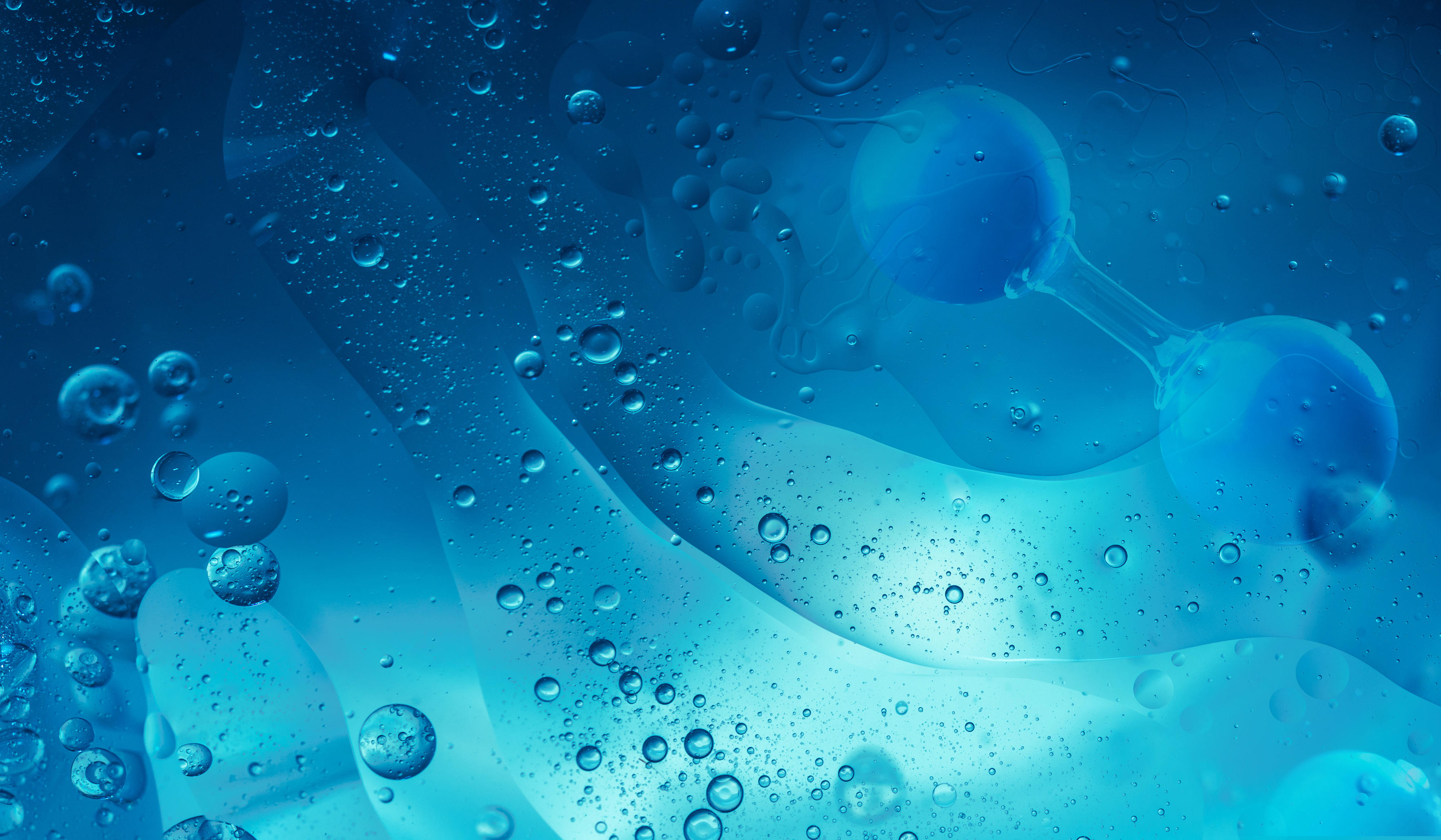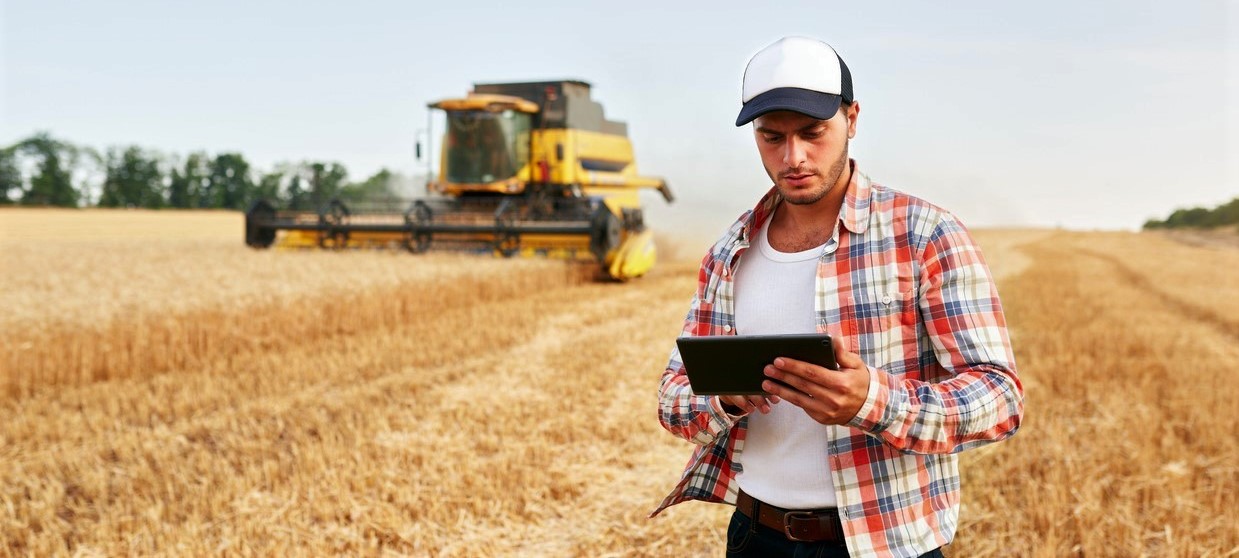DIN 7190-2
Interference fits - Part 2: Calculation and design rules for conical self-locking pressfits
Pressverbände - Teil 2: Berechnungsgrundlagen und Gestaltungsregeln für kegelige, selbsthemmende Pressverbände
Overview
This standard specifies design and calculation rules for self-locking, elastically stressed conical interference fits with a rate of taper C = 1:20 (that is, 1:20; 1:40...) whose parts consist of metallic materials. It applies mainly to interference fits used in mechanical engineering in the temperature range from -40 °C to +150 °C. It can also be applied analogously in other fields (for example, precision engineering). The purpose of this standard is to increase the reliability of conical interference fits, to design the shaft and hub and to reduce manufacturing costs. Furthermore, procedural instructions for joining are given. This standard has been prepared by experts from the "Antriebstechnik" ("Drive technology") Working Committee (NA 060-34-32 AA) at DIN Standards Committee Mechanical Engineering (NAM). The standard differs from DIN 7190:2001-02 as follows: a) the standard has been divided into two parts. DIN 7190-1 replaces DIN 7190:2001-02 in terms of content. DIN 7190-2 extends the scope of this standard to conical, self-locking interference fits. The requirements specific to conical interference fits are included in this document. The requirements generally applicable to interference fits are contained in Part 1.


